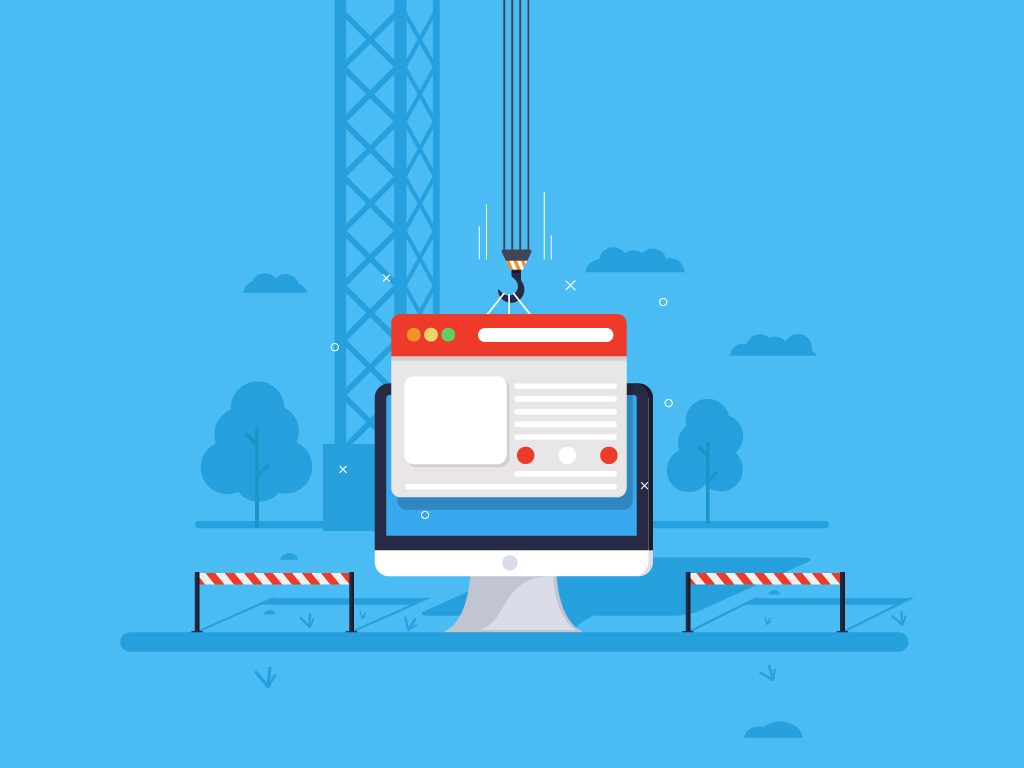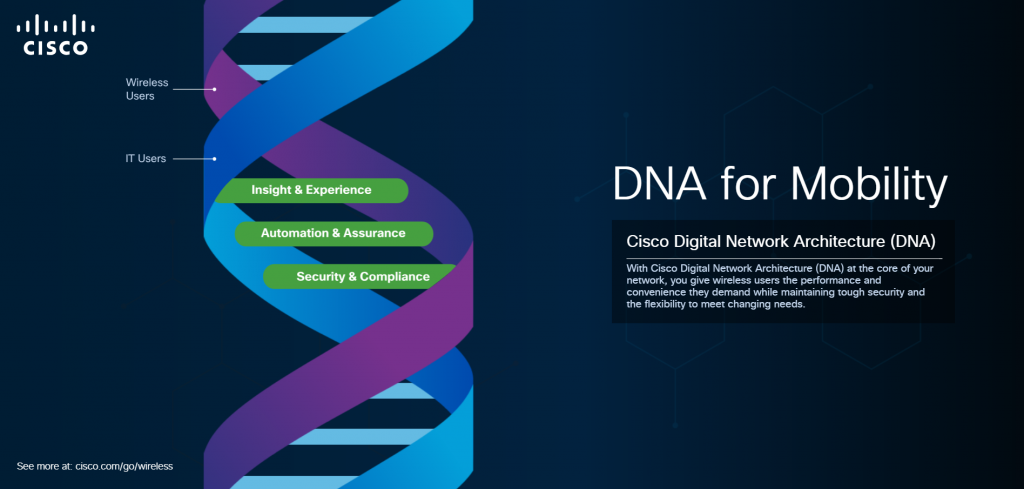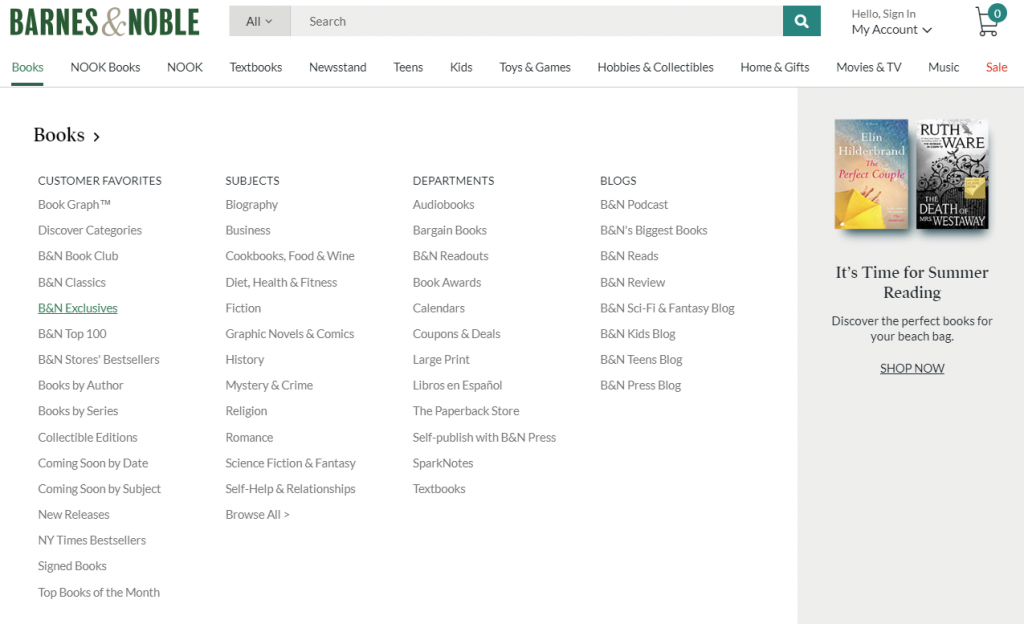5 Best Reasons Why Single Page Websites Are Bad For SEO
Table of Contents Show“Single page websites are websites that have a single page, or one HTML page.” – Ritely
This means that all the information about the site can be reached on a single page, where you scroll down to the relevant part of the page that you need. Sections like contact, about us, products, can be found on the same page. There is the standard navigation links or buttons, but the navigation links or buttons allow the browser to jump to the needed section of the webpage. This navigation jump is known as parallax scrolling, and it can create some stunning and beautiful websites.
While this may seem like a good thing, and it is to some website owners and users, single page websites do have their drawbacks, five of which are listed below:
Keyword limitation
One of the most significant impediments to single page websites is keyword ranking. SEO, which stands for Search Engine Optimization, relies heavily on keywords, and any website page can most times, be only optimized for a single phrase. Single page websites are designed around a central topic or theme, so such single page websites can only target a single phrase.
Multi-Page websites, on the other hand, do not have this limitation and have more chances of ranking higher in search optimization due to the multiple pages it has. Each web page it has can target a keyword or phrase, increasing the chances of search engines displaying the site. This may be crucial for businesses that have a competitive web presence and every key phrase matters.
Lack of specific content
Single page websites are generally harder to find specific content, as there isn’t space or possibility to create a separate page for each topic; everything has to be shown on a single page. Should a visitor need to know more about a product, idea or content displayed on the site, it will be challenging for a single page website to show more needed content. This lack of relevant content can be frustrating for a visitor who may want to see specific information on the site. Another factor would be the metadata of a single page website.
A single page website has only one set of metadata, which gives you only one title tag and description. As there are no other pages on the site, the website is limited to creating a single title tag. This reduces the chances you have of getting visitors to your website as you only have one chance to grab their attention. This also limits the amount of specialized content the website can display or have. A multipage website, on the other hand, can have Metadata for the various web pages that are contained in the website, increasing the specialized content it may wish the web user to have access to.
Advanced SEO practices
Apart from the ability to create more specific content, multi-page websites can also break their web pages into sections (categories) and subsections to display content better. These subsections or subcategories can be other pages on the website, which can be further broken down into more subsections. This makes it possible to display all the information needed about an item, product or idea. This is done to give as much information as possible to the visitors or web users.
This process is called siloing’ and it is much easier to do on a multipage website than on a single page website. A single page website will find it difficult to display so much content on a particular topic if there are lots of topics to be covered or other contents to display. The single page website will become clogged and disorganized.
Loading time
Having flash videos and images, combined with texts, parallax effects and other content on only a single page means that the page can become heavy and will take a longer time to load than a website with multiple pages. This could be a turnoff to visitors and web users who may not have the patience to wait for the whole site to load via a single web page.
SEO will not rank sites that take a long time to load high on their search engines as loading time is one of their criteria in ranking websites. A multipage webpage, on the other hand, has information spread across many pages so this can make the load time a lot faster. Loading speed is a major ranking factor in the world of SEO, which means on-page optimization is key.
Lack of Links
SEO favor sites with enough links, both internal and external links. Single page websites are limited in their ability to include many internal links, as the website consists of only one webpage. The links on their page only have the ability to jump to another section of the same page. The ability to link to another page is not possible with a single page website. Single page websites also frown against having external links, as this could quickly take the visitor away from their website.
Multi-Page websites are not bogged down with this disadvantage as multi-page websites have the ability to include lots of internal links as they are not limited to the number of pages the site has. Also, having external links increases the sites SEO ranking.
Though single page websites can be patchy and are in vogue, they do have their place in the market, but it is important to note they are not so good for SEO. A lot of thought should be put into considering a single page website. Factors like the target audience, the market and the need for the website should be put into consideration.
Businesses like to be ranked high in search engine result pages as most web users rarely search more than the first or second search result pages. This means that if you don’t rank high in the search result pages, your presence on the web may not be felt.
Key Takeaway
Multi-Page website are more SEO friendly as they are more flexible, can contain more content, should you wish to have them, and can reach a wider audience. You can be more detailed about a product, even dedicate a whole page to a product. This is something that a single page website will find impossible to do.




